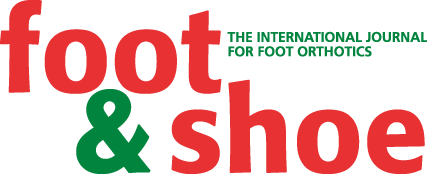Legal breakthrough for NVOS/Orthobanda

The Dutch professional association NVOS-Orthobanda , which brings together orthopaedic shoemakers and prosthetists & orthotists, is delighted that a legal breakthrough was achieved for the pedorthic industry at the end of last year.
The ruling by the Zeeland-West Brabant District Court on 6 November 2024 in a case brought by a number of healthcare providers against health insurer CZ - and an earlier summary proceedings against health insurer VGZ - shows that a collective approach is effective in securing realistic, cost-covering rates for healthcare providers.’ So says Michiel van Campen, general chairman of the orthopaedic technology industry association.
The summary proceedings against VGZ resulted in a settlement in which a rate increase of more than 20% was agreed. This will take effect from 1 January 2025. In addition, some burdensome conditions were removed from the health insurer‘s policy.
The Zeeland-West Brabant court handed down a judgment that contains many valuable points for healthcare providers. For example, health insurer CZ must increase rates by 16% for December 2024 and 20% for the year 2025.
Market-based fees
‘Healthcare entrepreneurs in medical orthopaedic devices, such as custom-made shoes, are members of NVOS-Orthobanda. As an industry association, we attach great importance to realistic reimbursements, which are necessary for our economic health,’ Van Campen said.
‘Our members provide home-based device care to over 1.5 million patients with severe functional or mobility problems. We make a national case for the interests of our members and the industry. That includes fair risk allocation and reimbursements that are in line with the market.’
Together for quality of care
‘The accessibility of appropriate resource care is a right of patients. Insurers have a duty of care and this should not be compromised or passed on to our members. The court intervention, supports us in this position,’ Van Campen stated. ‘The rulings pave the way to get back to having the conversation with all stakeholders at the negotiating tables about ensuring quality of care. That is positive.
At the same time, NVOS-Orthobanda remains alert: device care is under great pressure, also given demographic and economic developments. Especially in these times, it is good to realise that quality of care does not always go hand in hand with the lowest possible health insurance premiums. Good care simply costs money and that includes fair prices.’









